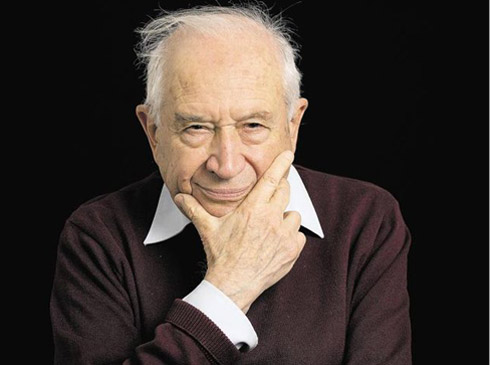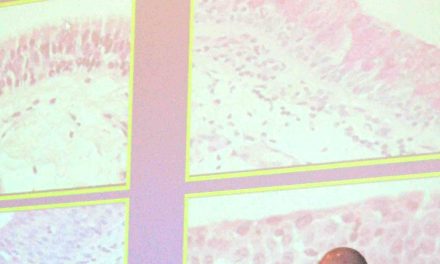From O’Shaughnessy’s, Summer 2003 The California Medical Association wants the state Medical Board to adopt practice guidelines for doctors who approve cannabis use by their patients.
So do the approximately 15 doctors who have made a subspecialty of monitoring their patients’ cannabis use.
And so do the patients themselves.
Suggestions, requests and urgent pleas from these sources have been expressed to the Board at recent meetings.
Attorney Alice Mead set forth the CMA position at the Jan. 31 meeting of the Board’s Medical Quality Division.
Then, at the CMA’s 2003 convention, held in San Francisco in late March, a proposal for specific “minimum practice standards” was introduced by Tod Mikuriya, MD and supported by Frank Lucido, MD. The key points:
“1. The initial examination is face-to-face, in person, confidential, and live. (Periodic follow-up may be via video, photographic, telephonic, or email means.)
“2. The examination is memorialized with elements of the patient’s name, sex, birthdate, address, phone number, date of examination, and coded diagnoses.
“3. There is documentation supporting the diagnoses.”
Mikuriya had proposed a second resolution: “That CMA urge the Medical Board of California to cease harassing physicians and comply with the recent federal injunctive decision protecting physicians who recommend and approve medical marijuana…”
The reference to harassment drew a sharp retort from Ronald L. Morton, MD, a CMA delegate who also serves on the Medical Board.
“I disagree with resolution two because it is not factually accurate,” said Morton. “I sit on the MQ [Medical Quality] panel and I read the cases that come across. Some examples, rather than persecution, represent people that are offering no examination, have no equipment —just a receipt book— and are charging $250 for a recommendation. I don’t think that’s what we think is good medicine.”
Morton explicitly supported the call for mini-mum practice standards. “I agree with resolution one. I think it is helpful to set standards.”
San Francisco physician Bob Gould introduced an amendment to Mikuriya’s resolutions which the Reference Committee passed. It read: “Resolved: that the CMA urge the Medical Board to revise its guidelines regarding medical marijuana so that the guidelines include the requirements for a good faith exam with diagnosis, treatment and follow-up recommendations, and more fully clarify and affirm the legitimate role of physicians in recommending marijuana to appropriate patients,
“And be it further resolved: that the CMA urge the Medical Board to apply clinically appropriate standards of care to all physicians, and not to apply a higher standard of care or to require a higher degree of evidence in cases where medical marijuana is involved.”
This version passed the full House of Delegates on the “consent calendar” (meaning the reference committee didn’t consider it controversial enough to warrant further discussion).
Although it wasn’t the clear-cut set of standards he was seeking, Mikuriya called the vote a significant step in the right direction. “Last time I attended a CMA convention was in 1996, and I was all alone in supporting Prop 215, which they refused to endorse. This time I had numerous allies and there’s a clear sense among my colleagues that, in order to implement the Compassionate Use Act, the Medical Board has to issue simple, unambiguous practice standards.”





